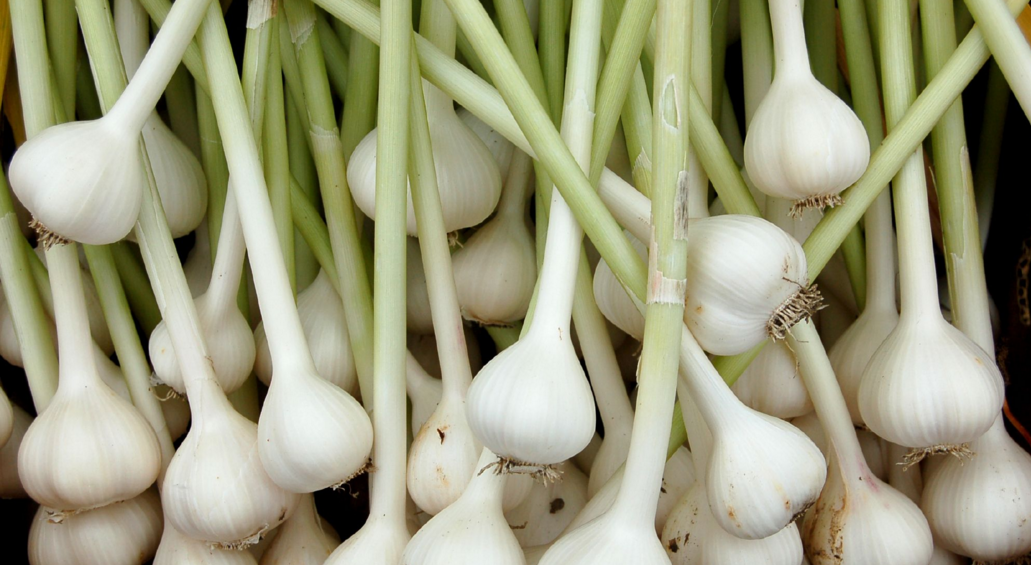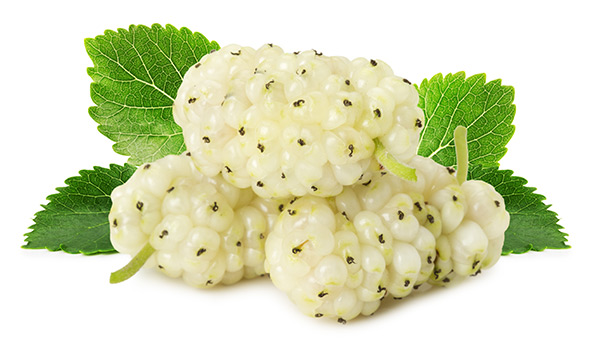 Parler
Parler Gab
Gab
Garlic's power to kill serious infections is legendary. A new study proves this to be true for one of the most common female infections as well: bacterial vaginosis.
(Article republished from GreenMedInfo.com)
In a promising study titled "Comparing the Therapeutic Effects of Garlic Tablet and Oral Metronidazole on Bacterial Vaginosis: A Randomized Controlled Clinical Trial," Iranian researchers compared the antibiotic power of metronidazole to garlic in treating one of the most common gynecological disorders afflicting women of reproductive age: bacterial vaginosis.
Metronidazole is considered a first-line treatment for the condition, but has a wide range of side effects (e.g. nausea, diarrhoea, vomiting, headache, dizziness weight loss, abdominal pain). Worse, metronidazole has been identified as a probable carcinogen both by the US National Toxicology Program (NTP)1 and the WHO International Agency for Research on Cancer.2
Clearly carcinogencity is a serious enough risk to warrant a thorough investigation of natural antibiotic alternatives like garlic which have been used in traditional Iranian medicine to treat a range of infections including bacterial vaginosis.
Since bacterial vaginosis (BV) is one of the most common causes of vaginal discharge in women of reproductive age, affecting 29.2% among 14-49-year old women, and 25% of pregnant women in the US, according to CDC statistics, a natural alternative would reduce the risk of drug associated harm in many thousands of women and even the unborn, as it is a contributing factor to infertility, premature labor, premature rupture of membranes and other complications.
It is believed that BV results from vaginal dysbiosis, i.e. reduced quantities of beneficial, hydrogen peroxide producing lactobacillus bacteria and increased anaerobic organisms such as Gardnerella vaginalis, Mycoplasma hominis, and Prevotella species.3 Since antibiotics often kill both the beneficial and potentially harmful bacteria, it is no wonder that metronidazole treatment for BV has a notoriously poor success rate.4
The study method and results were reported as follows:
-
120 married women aged 18 to 44 years were enrolled and divided into two groups (60 each).
-
The treatment groups were given either 500 mg garlic tablets comprised of 85.42% garlic powder and the equivalent of 8.9-mg allein, a potent antimicrobial compound, or 250 mg of metronidazole. Both treatments were taken with meal at the dose of two tablets each 12 hours for seven days.
-
Amsel's criteria (diagnostic criteria showing active infection) were significantly decreased after treatment with garlic or metronidazole (70% and 48.3%, respectively; P < 0.001). Therapeutic effects of garlic on BV were similar to that of metronidazole (63.3% and 48.3%, respectively; P = 0.141).
-
There were significant differences between the two treatment groups in terms of side effects; metronidazole was associated with more complications (P = 0.032).
The researchers concluded:
"This study reveals that garlic could be a suitable alternative for metronidazole in treatment of BV in those interested in herbal medicines or those affected by side effects of metronidazole."
Garlic a Powerful Drug Alternative
This is not the first time we have reported on garlic as an alternative to conventional drugs for vaginal infections. Expert midwife contributor to GreenMedInfo.com Judy Cohain discusses garlic as an antibiotic alternative in the following article: How to Treat a Vaginal Infection with a Clove of Garlic. Additionally, garlic has been studied to inhibit and/or kill a wide range of pathogens that contribute to infections throughout the body. Here is a salient excerpt from our article, 5 Food-Medicines That Could Quite Possibly Save Your Life:
Garlic – with the increasing prevalence of multi-drug resistant bacteria and the failure of the conventional, drug-based model to develop effective solutions against them (nor accepting responsibility for creating them), spices have regained their once universal reign as broad spectrum infection-fighters with sometimes life-saving power. Garlic, in fact, has several hundred therapeutic properties, confirmed by a growing body of scientific research, which you can view directly on GreenMedInfo.com.[i] One quick example of garlic's power, is in killing multi-drug resistant tuberculosis (MDR-TB), which the mainstream media has termed the "white plague," roiling the masses with a fear of drug-resistant (but not plant-extract resistant) they are made to believe they are defenseless against. Last year an article was published in a peer-reviewed scientific journal showing that garlic was capable of inhibiting a wide range of multiple drug resistant tuberculosis strains.[ii] The authors concluded "The use of garlic against MDR-TB may be of great importance regarding public health." Garlic's anti-infective properties do not end with MDR-TB, as it has been demonstrated to inhibit the following pathogens as well:
- Amoeba Entamoeba histolytica (parasite)
- Cholera
- Clostridium
- Cytomegalovirus
- Dermatophytoses (a type of topical fungal infection)
- Haemophilus Influenzae
- Helicobacter Pylori
- Herpes Simplex Virus Type 1
- Herpes Simplex Virus Type 2
- Klebsiella
- Methicillin-resistant Staphylococcus A. (MRSA)
- Parainfluenza Virus
- Peridontal Infection
- Pneumococcal Infections
- Pseudomonas aeruginosa
- Streptococcus Mutans
- Streptococcus Infections: Group A
- Streptococcus Infections: Group B
- Streptococcus pyrogenes
- Thrush (oral fungal infection)
Garlic is truly a nutritional rock star, as it has been also shown to provide an alternative to other common drug types, including:
- Garlic Compares Favorably To A Best-Selling Blood Pressure Drug
- Garlic Beats Drug in Detoxifying Lead Safely From Body
For additional research on natural interventions for infections you can refer to our Garlic research database.
Read more at: GreenMedInfo.com
Gaza faces critical shortages of medicine and supplies amid severe aid blockage
By Richard Brown // Share
Foraging and growing mulberries: A game-changer for food independence and self-reliance
By Olivia Cook // Share
Sermon 49: Mike Adams discusses GRAPES as God’s amazing natural medicine and nutrient powerhouse
By Kevin Hughes // Share
Stockpiling made easy: The ultimate guide to food preservation
By HRS Editors // Share
Mulberry tree found to exhibit anti-inflammatory and promising anticancer properties
By Olivia Cook // Share
Reviving the ancient healing wisdom of frankincense (Boswellia)
By News Editors // Share
Governments continue to obscure COVID-19 vaccine data amid rising concerns over excess deaths
By patricklewis // Share
Tech giant Microsoft backs EXTINCTION with its support of carbon capture programs
By ramontomeydw // Share
Germany to resume arms exports to Israel despite repeated ceasefire violations
By isabelle // Share










